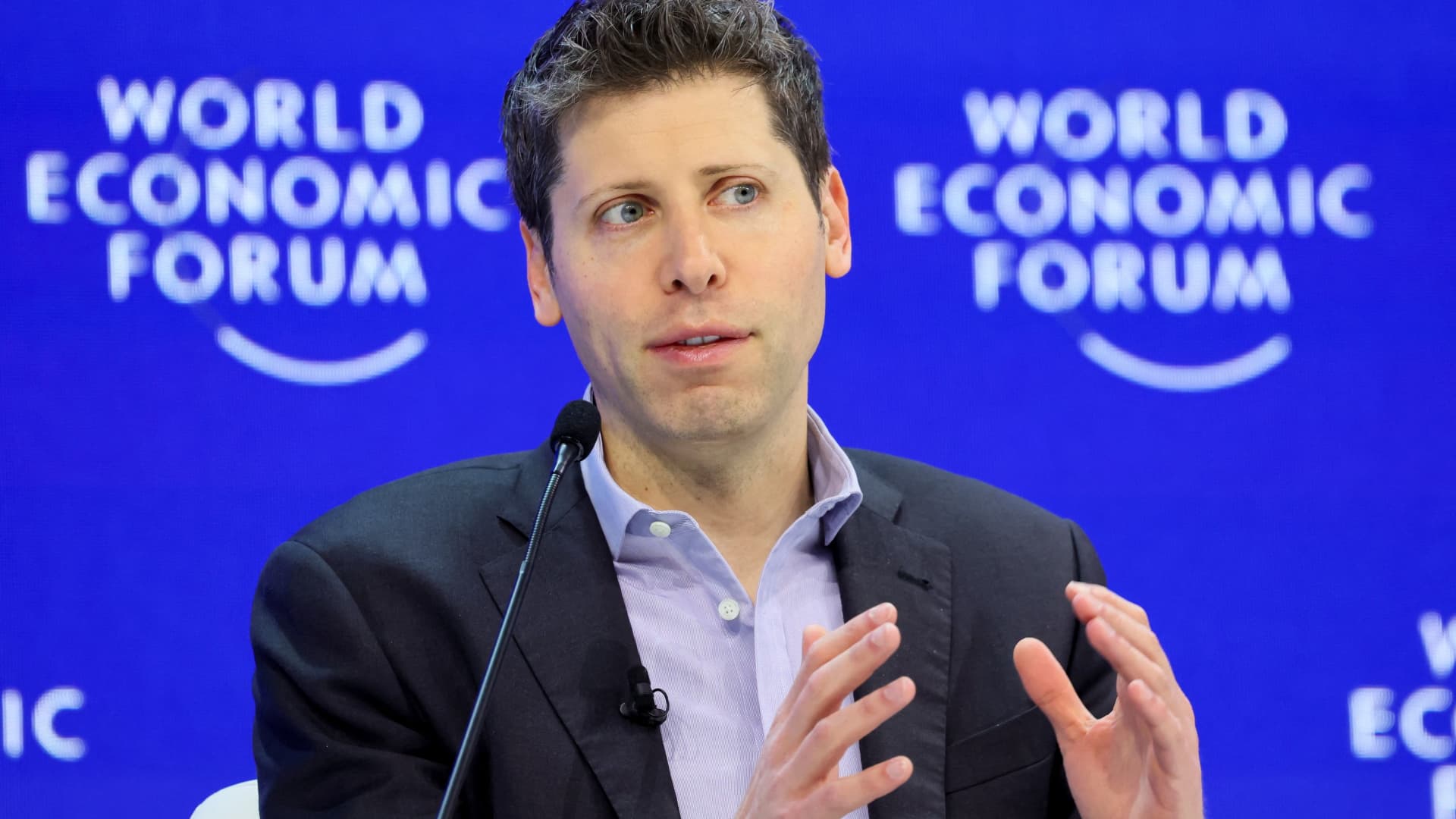Despite losing some investor confidence amid continued Covid headwinds, Uber could be positioning itself for a comeback in 2022, analysts say.
“We think this year will be different given the outlook for adj. EBITDA, and focus on figuring out grocery despite the mobility uncertainty,” Needham analysts said in a Friday note. The firm named the rideshare stock its top pick for 2022, though lowered its price target to $75 a share from $77 a share.
Uber said in its fourth quarter it expects adjusted EBITDA of $25 million to $75 million, which would be its second quarter of profitability. CEO Dara Khosrowshahi told Bloomberg last month he expects the company to be near the high-end of that forecast.
“Post-Covid we’re an all-weather company and think we can succeed and grow really in every environment,” Khosrowshahi said, adding that he’s “confident” the company will hit all-time highs in 2022.
Jefferies analysts also said Friday they see an accelerated path to profits from “reaping the benefits of hard work streamlining the portfolio in recent years + reaching scale in Mobility & Delivery.”
Several factors have led a handful of analysts to name the rideshare stock, which shed nearly 18% in 2021, among their top picks for the new year.
Delivery will keep growing
The company has heavily invested in its grocery, beverage and convenience delivery segment since the start of the pandemic. It acquired alcohol-delivery service Drizly last February. After talks failed to acquire food delivery service GrubHub, Uber acquired Postmates.
Focusing its acquisition efforts on its Eats segment during the pandemic has allowed the company to retain some of its business despite a reduction in travel. It also will keep propelling the stock forward, investors believe. Needham, bullish on delivery, said 2022 “could be the year of grocery.”
“We expect Uber to announce additional partnerships and geographic expansions in their grocery delivery in 2022, and view these potential developments as bullish,” the analysts said.
Mobility is back
Several analysts expect the mobility segment to continue improving in the coming year.
“Omicron headwinds aside, we believe UBER is especially well levered to benefit from a presumptive, fuller reopening in 2022 with particularly strong exposure to air and business travel, which should carry an inflection in Mobility gross bookings run rates as well as Mobility’s segment-level profitability,” RBC Capital Markets analysts said Thursday.
The Jefferies analysts said they expect Uber’s mobility bookings to fully recover in 2022 from 2019.
That also comes with an upswing in drivers. Uber has struggled with supply and demand imbalances because of the pandemic, leading to surge pricing and increased wait times. Uber has said figures have continued to improve when it comes to attracting and retaining new drivers, but there’s still room to grow.
Of course, its recovery still could be affected by new coronavirus variants or potential economic shutdowns. A tight labor market could also “constrain rideshare unit economics,” Wolfe Research analysts said in a Tuesday note.
Regulation looms, but investors seem confident
Another key element in 2022 is the company’s regulatory environment.
“Since going public, a consistent point of pushback has been that the regulatory overhang, particularly around driver classification,” RBC analysts wrote Thursday. Lawmakers have pushed for reclassifying gig workers as full-time employees, in an effort to ensure such things as minimum pay and benefits. But classifying drivers as contractors allows the companies to avoid the costly benefits associated with full-time employment, such as unemployment insurance.
Gig economy companies, including Uber, had a temporary win in 2020 in California, when voters approved Proposition 22 by a majority vote. That ballot measure effectively exempted several gig economy companies from the state’s recently enacted law, Assembly Bill 5, which had aimed to categorize their workers as full-time employees.
But it was a short win last year when a California court found that Proposition 22 is unconstitutional as “it limits the power of a future Legislature to define app-based drivers as workers subject to workers’ compensation law.” That makes the entire ballot measure “unenforceable.”
A coalition representing the companies said it plans to appeal, and investors seemed to shrug off the news. Uber’s stock closed up that day.
Now, other states are following in California’s initial footsteps.
“We anticipate a positive regulatory resolution for gig labor issues at the state level as NY and MA are likely to track similar to Proposition 22 in CA,” Mizuho analysts said in a Friday note. “In New York, a pending bill that keeps gig workers as contractors with the backing of two major unions are poised to be voted by the State Assembly post the Holiday. In Massachusetts, the ballot measurement is scheduled to be voted on Election Day this year with strong support from drivers.”
—CNBC’s Michael Bloom contributed to this reprot.





